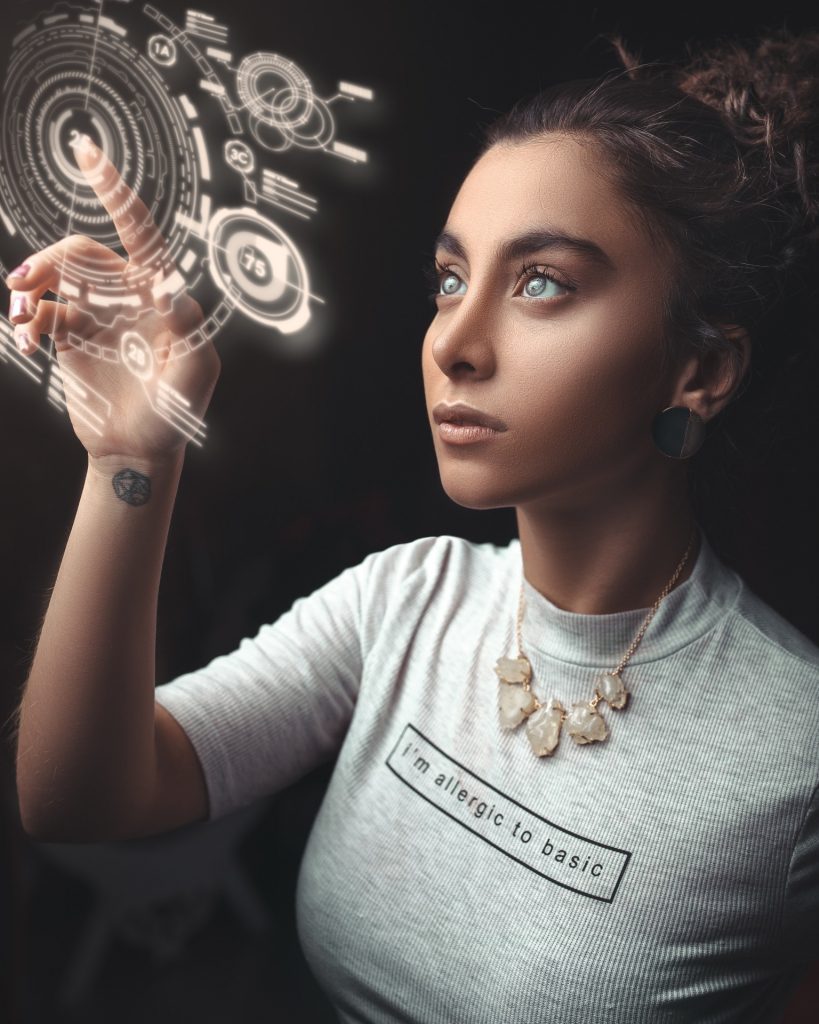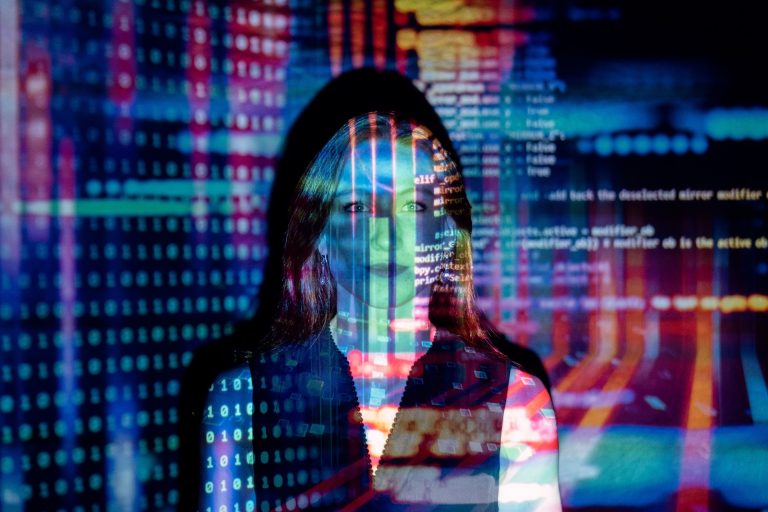
Are we human due to particular trends and attributes now no longer shared with both animal or device? The definition of “human” is circular: we’re human through distinctive feature of the homes that make us human (i.e., wonderful from animal and device). It is a definition through negation: that which separates us from animal and device is our “human-ness”.
We are human due to the fact we aren’t animal, nor device. But such wondering has been rendered step by step much less tenable through the appearance of evolutionary and neo-evolutionary theories which postulate a continuum in nature among animals and Man. Our strong point is in part quantitative and in part qualitative. Many animals are able to cognitively manipulating symbols and the usage of tools. Few are as adept at it as we’re.
These are effortlessly quantifiable variations – of many. Qualitative variations are loads extra tough to substantiate. In the absence of privileged get right of entry to to the animal mind, we can not and don’t recognise if animals sense guilt, for instance. Do animals love? Do they have got a idea of sin? What approximately item permanence, meaning, reasoning, self-attention, crucial wondering? Individuality? Emotions? Empathy? Is synthetic intelligence (AI) an oxymoron? A device that passes the Turing Test may be defined as “human”. But is it absolutely? And if it’s far now no longer – why isn’t it? Literature is complete of memories of monsters – Frankenstein, the Golem – and androids or anthropoids. Their behaviour is extra “humane” than the people round them.
This, perhaps, is what absolutely units people apart: their behavioural unpredictability. It is yielded through the interplay among Mankind’s underlying immutable genetically-decided nature – and Man’s kaleidoscopically converting environments. The Constructivists even declare that Human Nature is a trifling cultural artefact. Sociobiologists, on the alternative hand, are determinists.
They agree with that human nature – being the inevitable and inexorable final results of our bestial ancestry – can not be the situation of ethical judgment. An advanced Turing Test might search for baffling and erratic styles of misbehaviour to discover people. Pico della Mirandola wrote in “Oration at the Dignity of Man” that Man became born with out a shape and may mildew and transform – actually, create – himself at will. Existence precedes essence, stated the Existentialists centuries later. The one defining human function can be our attention of our mortality.
The robotically triggered, “combat or flight”, conflict for survival is not unusualplace to all dwelling things (and to accurately programmed machines). Not so the catalytic consequences of drawing close death. These are uniquely human. The appreciation of the fleeting interprets into aesthetics, the individuality of our ephemeral existence breeds morality, and the shortage of time offers upward push to ambition and creativity. In an countless existence, the whole lot materializes at one time or another, so the idea of desire is spurious.
The consciousness of our finiteness forces us to pick out amongst alternatives. This act of choice relies upon the lifestyles of “unfastened will”. Animals and machines are idea to be with out desire, slaves to their genetic or human programming. Yet, these kinds of solutions to the question: “What does it imply to be human” – are lacking. The set of attributes we designate as human is situation to profound alteration. Drugs, neuroscience, introspection, and enjoy all motive irreversible adjustments in those trends and characteristics.
The accumulation of those adjustments can lead, in principle, to the emergence of recent homes, or to the abolition of vintage ones. Animals and machines aren’t speculated to own unfastened will or exercising it. What, then, approximately fusions of machines and people (bionics)? At which factor does a human become a device? And why must we anticipate that unfastened will ceases to exist at that – as a substitute arbitrary – factor? Introspection – the cappotential to assemble self-referential and recursive fashions of the world – is meant to be a uniquely human quality.
What approximately introspective machines? Surely, say the critics, such machines are PROGRAMMED to introspect, in preference to people. To qualify as introspection, it have to be WILLED, they continue. Yet, if introspection is willed – WHO wills it? Self-willed introspection ends in countless regression and formal logical paradoxes. Moreover, the notion – if now no longer the formal idea – of “human” rests on many hidden assumptions and conventions. Political correctness notwithstanding – why presume that guys and women (or special races) are identically human? Aristotle idea they had been now no longer.
A lot separates adult males from females – genetically (each genotype and phenotype) and environmentally (culturally). What is not unusualplace to those sub-species that makes them each “human”? Can we conceive of a human with out body (i.e., a Platonian Form, or soul)? Aristotle and Thomas Aquinas assume now no longer. A soul has no lifestyles break free the body. A device-supported strength subject with intellectual states much like ours today – wouldn’t it not be taken into consideration human?
What approximately a person in a kingdom of coma – is he or she (or it) absolutely human? Is a brand new born child human – or, at least, absolutely human – and, if so, wherein sense? What approximately a destiny human race – whose capabilities might be unrecognizable to us? Machine-primarily based totally intelligence – wouldn’t it not be idea of as human? If yes, whilst wouldn’t it not be taken into consideration human? In these kinds of deliberations, we can be confusing “human” with “individual”.
The former is a personal case of the latter. Locke’s individual is a ethical agent, a being answerable for its actions. It is constituted through the continuity of its intellectual states reachable to introspection. Locke’s is a useful definition. It without difficulty contains non-human folks (machines, strength matrices) if the useful situations are satisfied. Thus, an android which meets the prescribed necessities is extra human than a mind useless individual. Descartes’ objection that one can not specify situations of singularity and identification through the years for disembodied souls is proper most effective if we anticipate that such “souls” own no strength.
A bodiless wise strength matrix which continues its shape and identification through the years is conceivable. Certain AI and genetic software program packages already do it. Strawson is Cartesian and Kantian in his definition of a “individual” as a “primitive”. Both the corporeal predicates and people relating intellectual states practice equally, simultaneously, and inseparably to all of the people of that sort of entity. Human beings are one such entity. Some, like Wiggins, restrict the listing of feasible folks to animals – however that is a long way from carefully vital and is unduly restrictive.
The fact might be in a synthesis: A individual is any sort of essential and irreducible entity whose regular bodily people (i.e., members) are able to constantly experiencing more than a few states of awareness and completely having a listing of mental attributes. This definition permits for non-animal folks and acknowledges the personhood of a mind broken human (“able to experiencing”). It additionally carries Locke’s view of people as owning an ontological popularity much like “clubs” or “nations” – their private identification includes quite a few interconnected mental continuities.
Dickies Men’s 1 1/2 inch Solid Straight Clip Adjustable X Back Suspender









